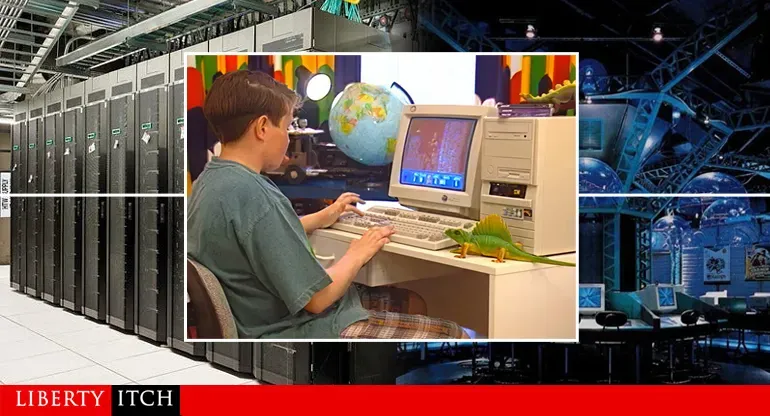Table of Contents
Paul McDonnold
AIER
To paraphrase Jonathan Swift, when a bad idea appears in the world, you may know it by this sign, that its proponents will endeavor to silence the expression of alternative ideas. Twentieth-century communism and fascism demonstrate this principle at work, as does 21st-century cancel culture.
Proponents of good ideas, on the other hand, welcome freedom of speech because they feel no threat from a decentralized search for truth. The US constitution and the success of the nation it created demonstrate this principle empirically. But a rigorous intellectual demonstration can also be found in an often-overlooked place, the discipline of welfare economics.
Science historians remember 1905 as a “year of miracles” when Einstein published his special theory of relativity. But economic historians also know that the following year a smaller miracle came from the mind of an Italian polymath with the rhyming name of Vilfredo Pareto. Adam Smith had long persuasively argued that individuals seeking to earn a profit in free markets unintentionally promote the general welfare as if “led by an invisible hand.” But it was Pareto who reinforced the concept of general welfare with a more formal analysis that was later mathematically proven and is now known as the first fundamental theorem of welfare economics.
In a nutshell, this theorem states that an individually driven, free exchange of goods and services in markets leads not only to something Adam Smith once qualitatively described as “the public interest,” but to an outcome in which no person can be made economically better off without someone else being made worse off. This is a situation called Pareto optimality in which all win-win gains have been exhausted from the system.
No form of economic organization other than free markets has been shown to lead to Pareto optimal outcomes with anything approaching the mathematical elegance and generality of the first welfare theorem. And with a reasonable metaphorical jump we can apply its happy findings to the marketplace of ideas. After all, like goods and services, ideas are useful things that can be produced with effort and exchanged among individuals, usually in the form of the spoken or written word.
But what would a fundamental theorem of free speech look like? It would require some basic assumptions like those the first welfare theorem stands on.
Most critically, the “idea economy” should have clearly defined property rights which make each of us the master of our own minds just as we are masters of our own bodies in the physical economy. And we should be able to freely exchange the fruits of that mastery – our ideas – with others without government interference. Finally, concentrations and monopolizations of power must be avoided, since they will be as damaging to the healthy functioning of the marketplace of ideas as they are to the marketplace of goods and services.
How well does this theoretically ideal marketplace of ideas align with reality today?
Unfortunately, not as well as in the past. We see the free exchange of ideas, even demonstrably plausible ones, censored by social media companies. In places like Canada we see laws being concocted to harshly punish what can only be described as thought crimes. And concentrations of power in the marketplace of ideas are growing like black mold in places that were once bastions of free speech – colleges and universities.
Where are these radical deviations from a free marketplace of ideas leading? Not to a place of maximized social welfare, but rather to a jungle of power politics and subjugation. It’s the same jungle a part of humanity pulled itself up from with the adoption of the Declaration of Independence in 1776 and the US Constitution in 1789. Much of subsequent American History can be seen as a slow and necessarily painful game of catchup with the ideals those documents expressed.
The first welfare theorem mathematically validates the intuition that free markets produce the best economy. Applying it to the marketplace of ideas validates the intuition that free speech produces similarly optimal results. Truth punches above its weight. In anything remotely resembling a fair fight, it will patiently overcome the bad and the false.
For those of us lucky enough to live in the United States, a free marketplace of ideas and its imperative of free speech is a constitutional right. It must, of course, exist in dynamic tension with other rights. You can’t tell people there’s a bomb in the airport just to watch a stampede, just as you can’t slander your business competitor or sell pornographic magazines outside a school. But the more we can embed a free marketplace of ideas in our social fabric, the more we will enjoy the beneficial results. Just as free markets evolve toward wealth, a free marketplace of ideas will evolve toward truth. On the other hand, if we continue down a path of violating free speech, devolution toward an ugly future is a similarly strong possibility.
This article was originally published by the American Institute for Economic Research.









